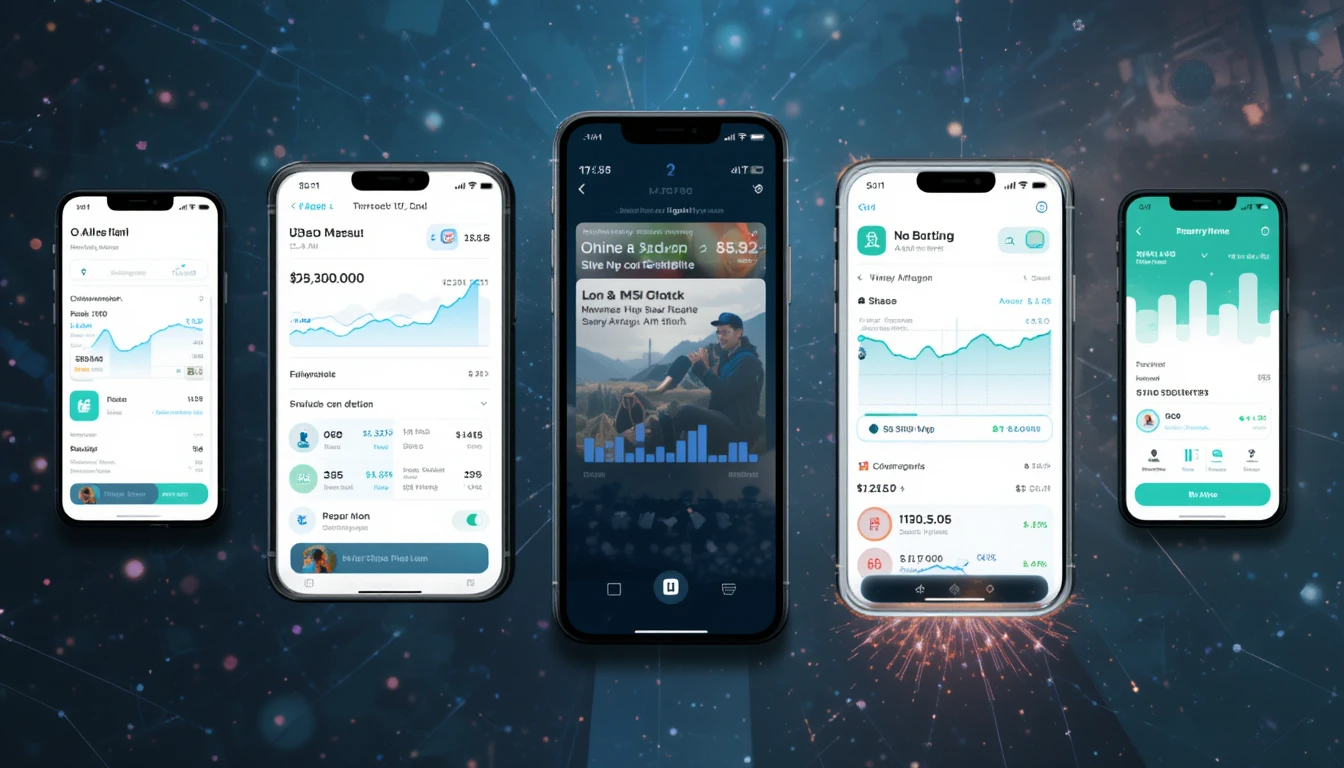
In today’s fast-paced digital world, managing your finances is easier than ever thanks to budgeting apps. These tools help you track spending, set savings goals, and stay on top of bills — all from your smartphone. Whether you’re trying to get out of debt, save for a big purchase, or simply gain better control over your money, using a budgeting app can make the process seamless and efficient.
Here’s a breakdown of some of the best budgeting apps for 2025 to help you manage your money smarter.
1. YNAB (You Need a Budget)
Best for: Zero-based budgeting and goal setting
YNAB is a powerful app built on the philosophy of giving every dollar a job. It’s ideal for users who want complete control over their finances.
Key Features:
- Zero-based budgeting approach
- Goal tracking and financial education tools
- Syncs with bank accounts
- Real-time updates for shared household budgeting
Pros:
- Excellent support and tutorials
- Highly customizable
- Strong community support
Cons:
- Subscription fee ($14.99/month or $99/year)
- Steeper learning curve for beginners
2. Mint
Best for: Free budgeting and credit monitoring
Mint by Intuit is one of the most popular free budgeting apps available. It offers a simple, all-in-one overview of your finances.
Key Features:
- Free to use
- Tracks income, expenses, and bills
- Offers free credit score monitoring
- Alerts for upcoming bills and unusual spending
Pros:
- User-friendly interface
- Automatic categorization of expenses
- Visual spending trends
Cons:
- Ads and product suggestions
- Limited customization options
3. PocketGuard
Best for: Quick overview of what you can spend
PocketGuard is designed to simplify budgeting by showing you exactly how much money you have available to spend after bills, goals, and necessities.
Key Features:
- “In My Pocket” feature shows disposable income
- Syncs with bank accounts
- Tracks subscriptions and recurring bills
Pros:
- Simple and easy to understand
- Great for beginners
- Strong security features
Cons:
- Limited features in the free version
- Less robust for advanced budgeting
4. Goodbudget
Best for: Envelope-style budgeting
Goodbudget uses the classic envelope method where you divide your income into spending categories (envelopes). Unlike other apps, it doesn’t sync with your bank but requires manual entry, promoting mindfulness.
Key Features:
- Envelope-style budgeting
- Great for couples or shared finances
- Web and mobile access
Pros:
- Promotes intentional spending
- Strong for cash-based budgets
Cons:
- Manual input required
- Lacks automatic transaction syncing
5. EveryDollar
Best for: Dave Ramsey fans and zero-based budgeting
Developed by financial expert Dave Ramsey, EveryDollar is built around his Baby Steps method for budgeting and debt payoff.
Key Features:
- Zero-based budgeting
- Clean and easy interface
- Paid version connects to your bank for transaction syncing
Pros:
- Great for beginners
- Ideal if following Ramsey’s financial methods
Cons:
- Manual entry in the free version
- Paid version required for full features
Final Thoughts
Choosing the best budgeting app depends on your financial goals, spending habits, and preferred budgeting style. Whether you need a detailed financial plan with YNAB, a free and easy overview with Mint, or a shared family budget using Goodbudget, there’s an app tailored for your needs.
No matter which tool you choose, the key to successful money management lies in consistency and awareness. Start budgeting today to gain better control over your finances and build a stronger financial future.





